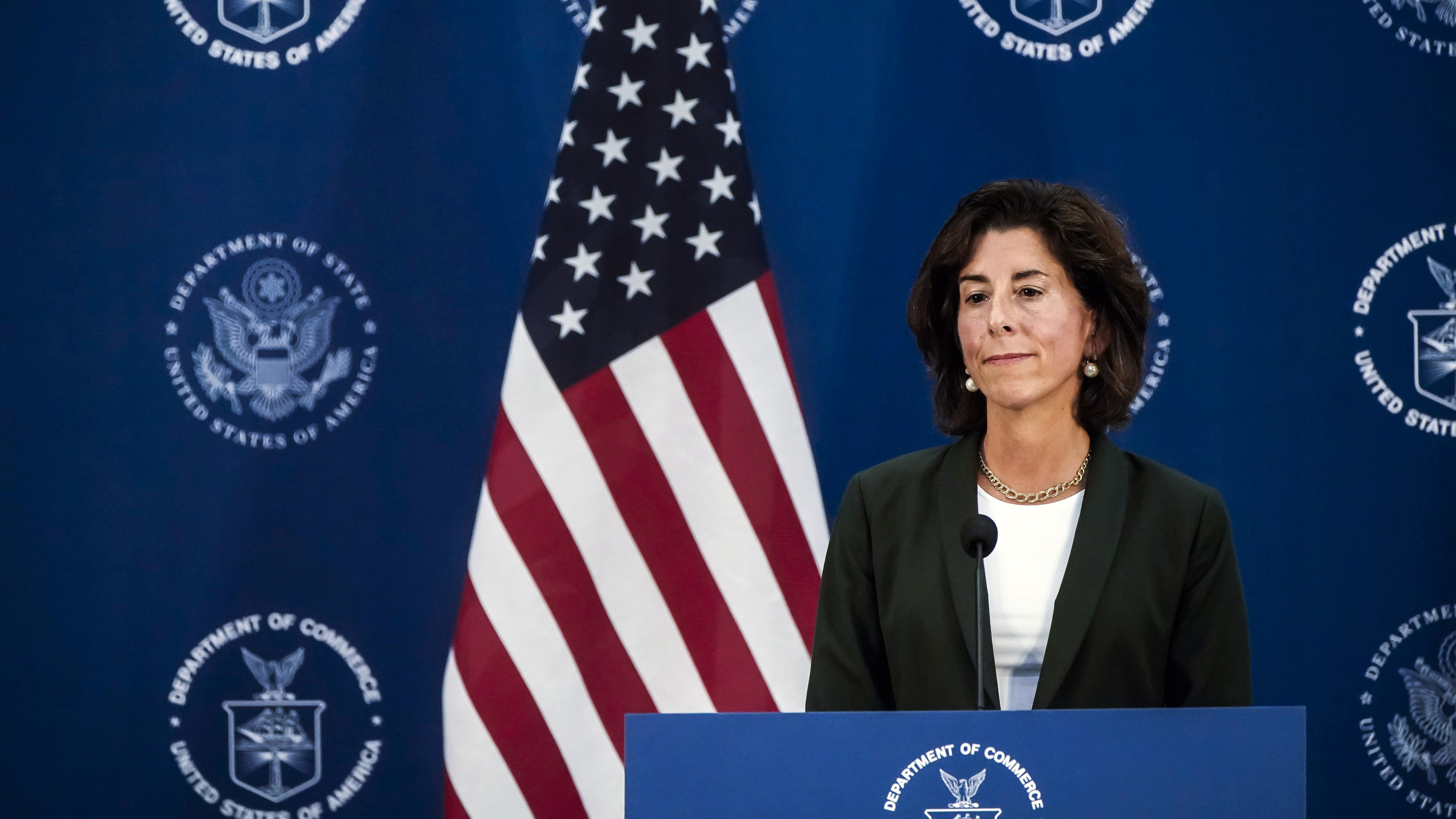Pentagon pauses $2 billion cyber security project
Security system not ready for classified networks says watchdog


The US Department of Defense (DoD) has reportedly frozen a $2 billion cyber security project designed to consolidate local network security following poor test results.
The DoD hit pause on the system, called the Joint Regional Security Stacks (JRSS), after a report from its director of operational test and evaluation Robert Behler, said Bloomberg.
The JRSS project is a partnership between the Army, Air Force, and Navy to consolidate their networking in secure hubs. Each stack is a suite of equipment serving multiple military bases in a single region handling firewalls, intrusion prevention systems, and other security operations over MPLS networks. The JRSS project also virtualizes network routing and upgrades the military's security from around 1,000 local security stacks worldwide to 50 across 11 JRSS sites in the US and five elsewhere, standardizing security operations.
The DoD began running traffic across JRSS installations as far back as 2014 and was supposed to have fully migrated to JRSS by the end of 2019, but problems have dogged the system.
According to Bloomberg, Behler's latest evaluation states the system is “unable to help network defenders protect DoD component networks against operationally realistic cyber attacks.”
Previous reports from the DoD's director of operational test and evaluation explained the system was inadequate, using the same wording. Behler warned in 2019 that "Despite its complexity, the DOD has treated JRSS as a “technology refresh” and has not funded the personnel and training typically associated with DoD acquisition programs of record."
RELATED RESOURCE

Channel Pro Insight: A fast guide to central network management
How to stay connected and secure with central network management
That report, which also detailed a red team attack organized to test system security, advised the DoD to stop migrating new users to the system until it was operationally secure.
Sign up today and you will receive a free copy of our Future Focus 2025 report - the leading guidance on AI, cybersecurity and other IT challenges as per 700+ senior executives
According to Bloomberg, the decision to pause the system follows a classified February 2020 report that also highlighted inadequate cyber security. As a result, Behler's latest report said that the Pentagon would reduce funding for the project next year, effectively pausing the expansion of the JRSS into classified networks until 2023.
The report also suggested the Pentagon continue developing alternatives to the JRSS.
In a 2019 report, the US Government Accountability Office (GAO) warned the DoD had not fully completed several key initiatives to improve its cyber security hygiene, including cyber education and training, removing vulnerabilities from its networks, and integrating cyber security into its exercises.
Danny Bradbury has been a print journalist specialising in technology since 1989 and a freelance writer since 1994. He has written for national publications on both sides of the Atlantic and has won awards for his investigative cybersecurity journalism work and his arts and culture writing.
Danny writes about many different technology issues for audiences ranging from consumers through to software developers and CIOs. He also ghostwrites articles for many C-suite business executives in the technology sector and has worked as a presenter for multiple webinars and podcasts.
-
 Trump's AI executive order could leave US in a 'regulatory vacuum'
Trump's AI executive order could leave US in a 'regulatory vacuum'News Citing a "patchwork of 50 different regulatory regimes" and "ideological bias", President Trump wants rules to be set at a federal level
-
 TPUs: Google's home advantage
TPUs: Google's home advantageITPro Podcast How does TPU v7 stack up against Nvidia's latest chips – and can Google scale AI using only its own supply?
-
 ‘The UK must position itself as the destination of choice’ in wake of H-1B visa crackdown, tech policy group says
‘The UK must position itself as the destination of choice’ in wake of H-1B visa crackdown, tech policy group saysNews The UK has a massive opportunity to capitalize on the US government’s H-1B visa changes
-
 IDC warns US tariffs will impact tech sector spending
IDC warns US tariffs will impact tech sector spendingNews IDC has warned that the US government's sweeping tariffs could cut global IT spending in half over the next six months.
-
 US government urged to overhaul outdated technology
US government urged to overhaul outdated technologyNews A review from the US Government Accountability Office (GAO) has found legacy technology and outdated IT systems are negatively impacting efficiency.
-
 US proposes new ‘know-your-customer’ restrictions on cloud providers
US proposes new ‘know-your-customer’ restrictions on cloud providersNews The US aims to stifle Chinese AI competition with new restrictions on cloud providers to verify foreign data center users
-
 SEC passes rules compelling US public companies to report data breaches within four days
SEC passes rules compelling US public companies to report data breaches within four daysNews Foreign entities trading publicly in the US will also be held to comparative standards
-
 US says National Cybersecurity Strategy will focus on market resilience and private partnerships
US says National Cybersecurity Strategy will focus on market resilience and private partnershipsNews The recently announced implementation plans alow for more aggressive action against ransomware gangs
-
 US ‘Tech Hubs’ drive aims to boost innovation in American heartlands
US ‘Tech Hubs’ drive aims to boost innovation in American heartlandsNews The development of the hubs will could help drive regional innovation and support for tech companies
-
 Biden sets June deadline for $42 billion broadband funding outline
Biden sets June deadline for $42 billion broadband funding outlineNews The announced deadline come prior to a much-awaited update to the FCC's US broadband map, giving a clearer image of the internet challenges facing the nation
